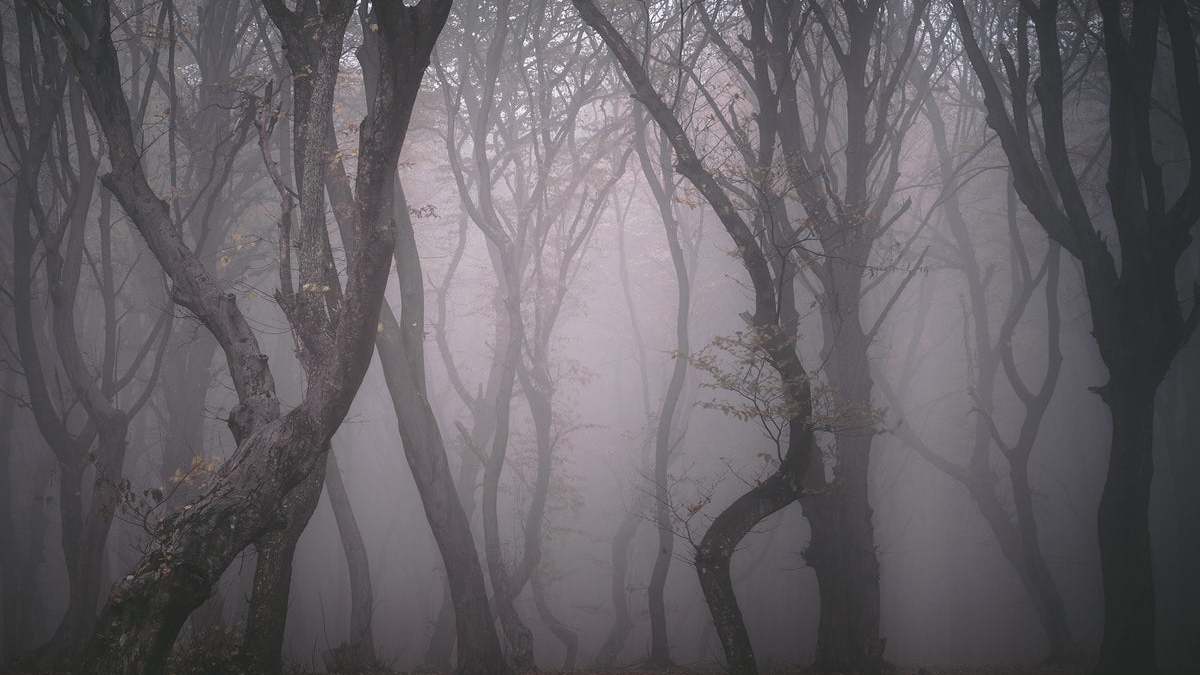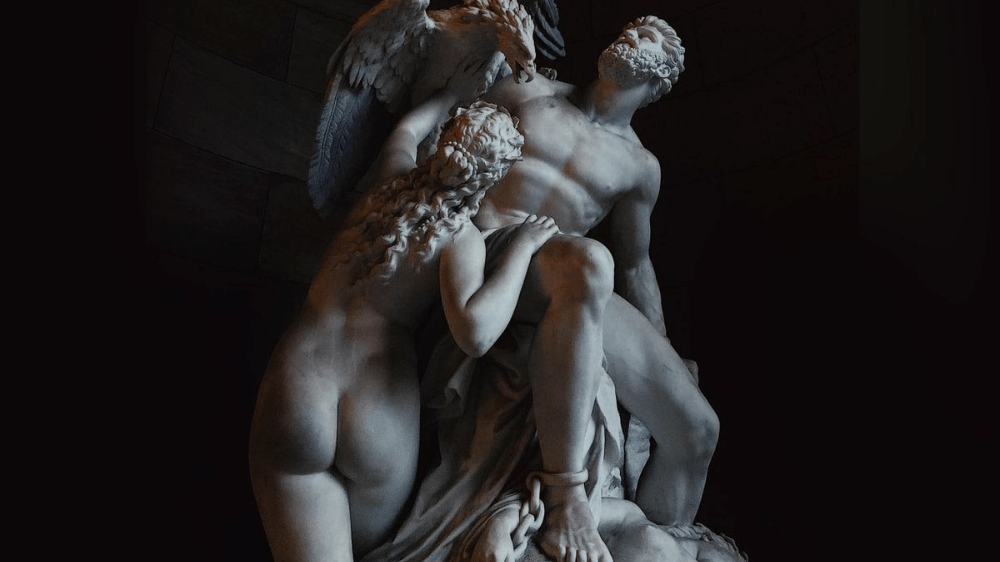Scriabin’s Etude in C-Sharp Minor, Op. 42, No. 5: Daniil Trifonov
“Scriabin wished to combine all aesthetic experience in a single, mystical musical vision,” writes pianist Daniil Trifonov. Described as a “poet, philosopher, musician, mystic, visionary and egotist,” Russian composer Alexander Scriabin (1872-1915) pushed Romanticism to the breaking point. Experiencing a blending of senses known as synesthesia, he associated musical keys with colors. Scriabin composed the solo piano Etudes, Op. 42 in 1903. The tempestuous Etude No. 5 in C-sharp minor has been …







